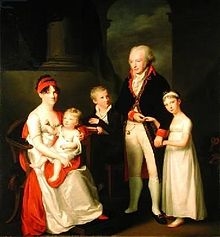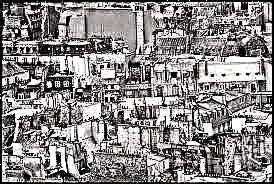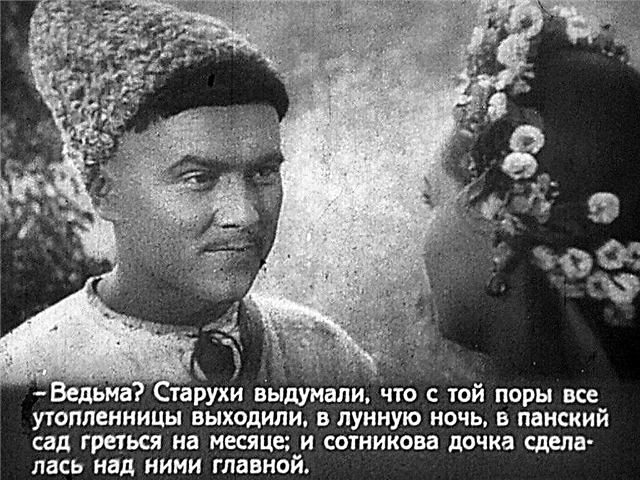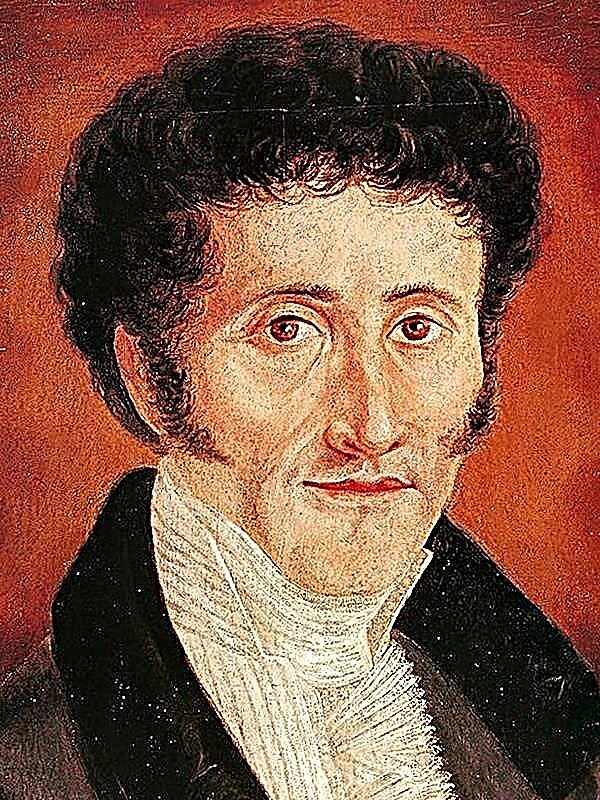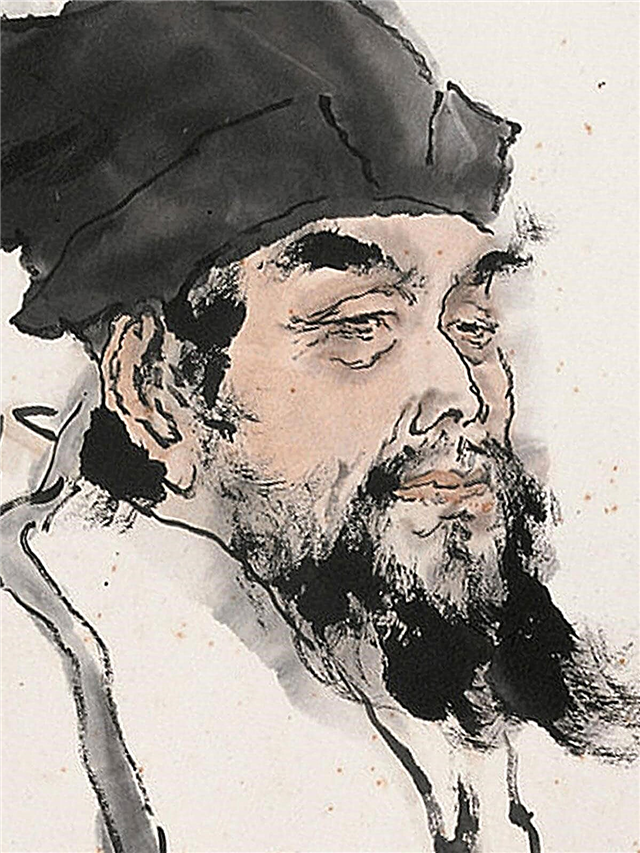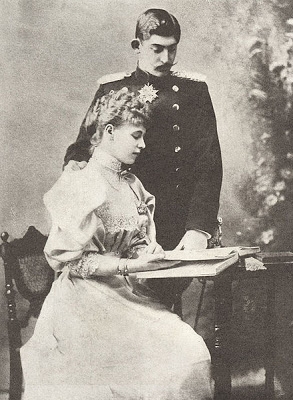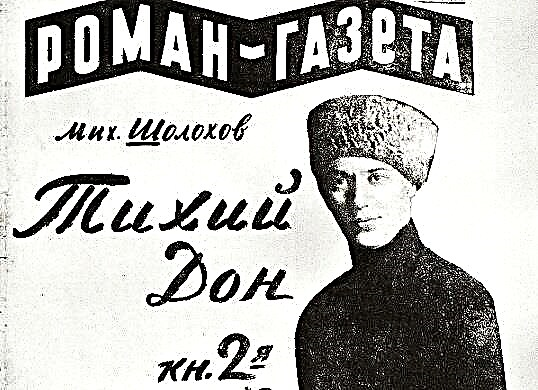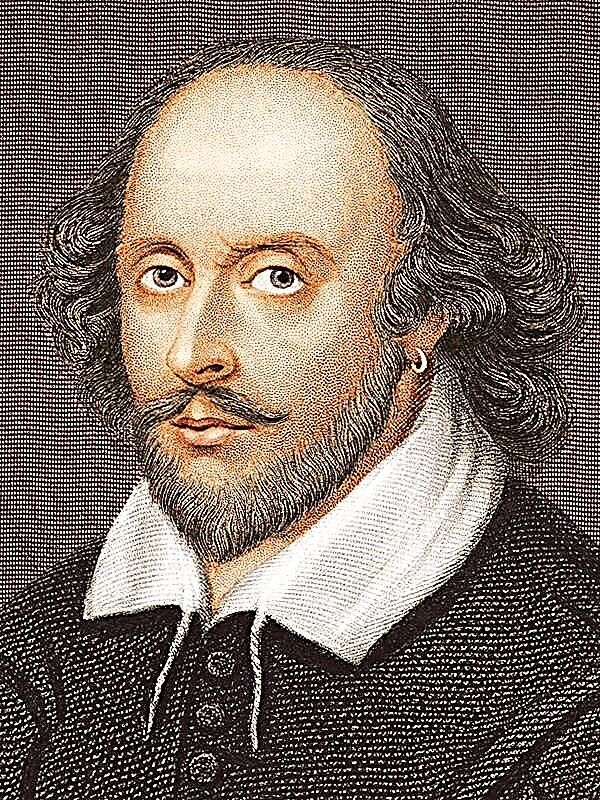(436 words) In fact, the silent scene in Gogol’s comedy is a sculpture hall. The author calls them a petrified group. Indeed, officials and guests of the Gorodnichny family take poses expressing their surprise (“postmaster turned into a question mark”, “Bobchinsky and Dobchinsky ... with open mouths and bulging eyes”), fear (“The mayor .. with his back thrown back head "), malice (" Korobkin, who turned to the audience with narrowed eyes "). The silent scene shows a privileged part of the city's population in their helplessness before the future.
However, the silent scene in the Examiner can be interpreted in different ways. On the one hand, an official who has appeared is a symbol of hope for the best, for a change in the situation not only in the county town, but in the whole of Russia. It can be considered a punitive force, cleansing the city of sin - vulgarity, debauchery, lies, nepotism. Therefore, officials are so afraid of him. But the real auditor also does not have to be honest and fair: the hope for justice is crossed out by Gogol’s general idea, which can be traced through the whole comedy: there are no honest officials in Russia. We see this when we learn about the life of the Gorodnichnik, his actions and habits. There is no hope that this auditor will be better than the previous one. Thus, we understand that even a true, present can turn out to be just as false and stupid.
In addition, we are not thoroughly aware that the official who arrived from St. Petersburg is indeed an auditor. After all, if they speak of him as a St. Petersburg official, then the mask of anonymity is removed, and the real auditor must travel incognito. The new auditor arrives with the gendarme and asks the Gorodnichny. But if the gendarme is needed in order to arrest Gorodnichny, then this is illogical, because there was no investigation and no revision. However, it is obvious that the city does not need external revision: it revised itself throughout the play. Therefore, it is no coincidence that the gendarme’s replica causes such a shock among the actors: a visiting official can really be that terrible force that will punish officials for their misconduct. This is also confirmed by the fact that the gendarme declaring the auditor is not on the list of actors, although there are insignificant "innkeepers, guests and guests, merchants, tradesmen, petitioners." This makes the comedy ending mystical. Moreover, the official arrives from St. Petersburg, whose image is associated with something mirageous, very distant, even impossible (especially if you take into account the words of the heroes that they live in a place from which you get at least for a very long time - to no country you get there)
Thus, Gogol dumbly summarizes his thoughts on the topic of social decline and the decomposition of human traits in the Russian people: people who are called upon to protect and protect the state and people freeze in silly poses from fear for their crimes, and before them is an auditor, real or semi-real, as foggy and mystical as the future of them and their country. A silent scene should make the reader cry with laughter, but when examined carefully, it can only cause tears.

